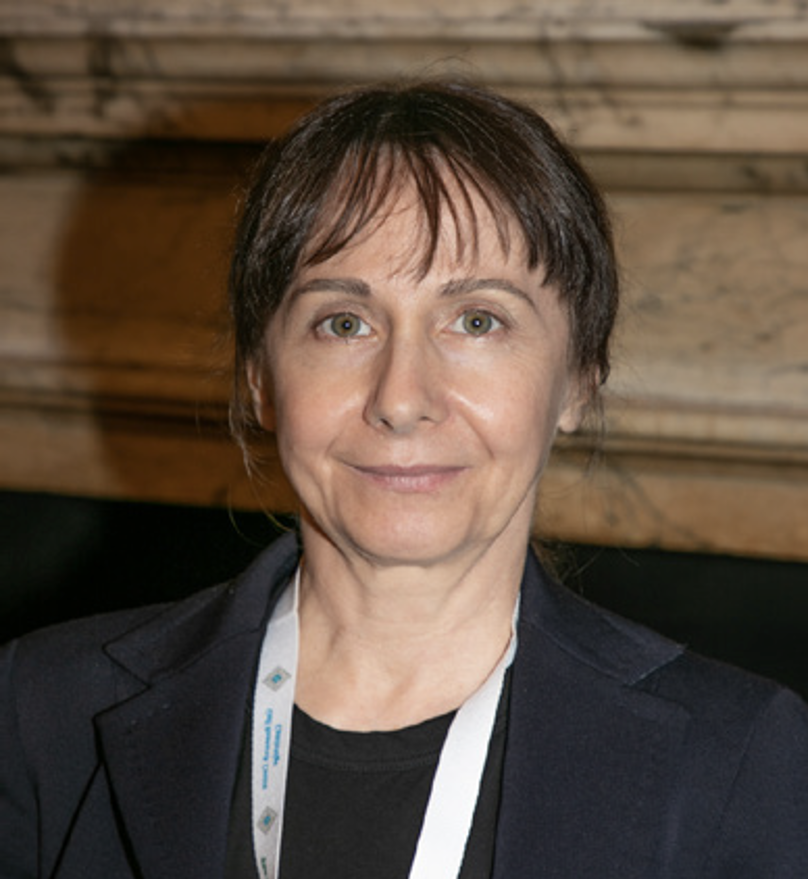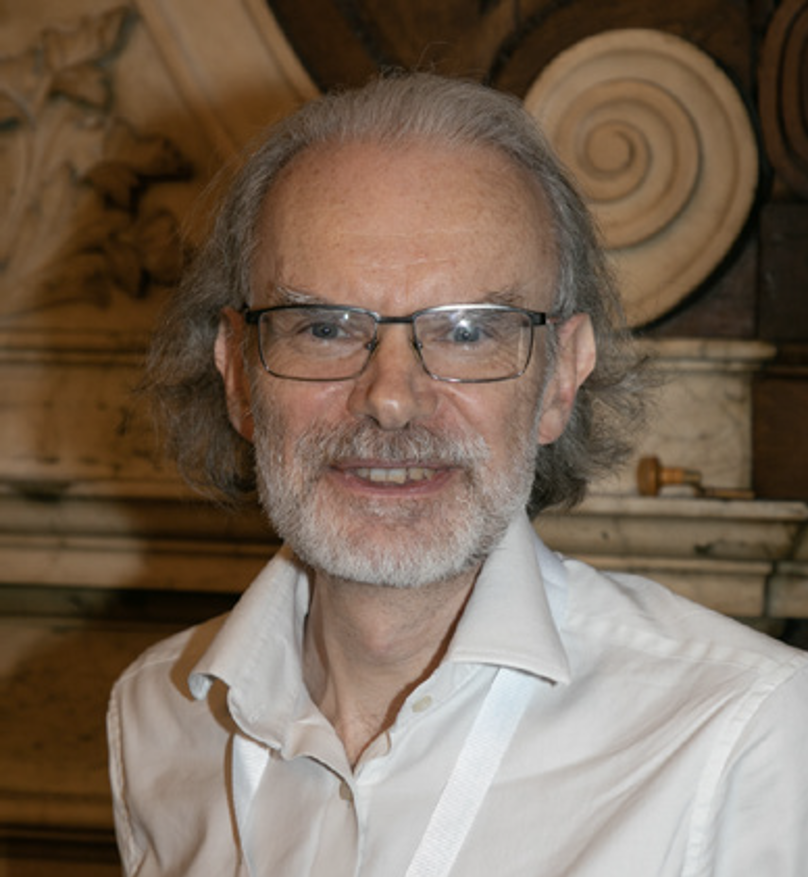This workshop invites research on the politics, art, and ethics of international sport, with a special interest in the Arab Peninsula.
3 DAYS / 12 Workshops
MORE THAN 300 ACADEMIC PAPERS
The discovery of oil reserves on the Arab Peninsula in the early twentieth century
brought about rapid socio-political and urban developments set against expanses of
desert. Traditional society on the Peninsula has bootstrapped itself, seemingly out of
nowhere, into modernity.
The structures of modernity, foremost the nation-state and thriving urban centers, as well
as the trappings of modernity such as higher education, capitalist economics, and an
appreciation for the arts and sport, have not evolved organically over time in the region.
Rather they have been master-planned with a sense of urgency over this short period.
And now, with peak oil looming, governments in the region are seeking new ways to
sustain this drive toward modernization without a dependence upon oil revenues.
2
One strategy toward this end is to develop the region’s tourism industry. For example, by
developing the region as a new hub in the international worlds of art and sport. Megaprojects such as Saadiyat Island in the UAE, which will be the home to Guggenheim and
Louvre franchises, will presumably make the region a tourist destination. Another megaproject, relevant to this workshop, is the 2022 FIFA World Cup in Qatar. However, these
projects are not only strategic for building tourism, they will also foster education and
culture in the region, and put the Peninsula, particularly the UAE and Qatar, on the map
as cultural centers in their own right.
It might be wondered, however, whether there exists an indigenous constituency for
international art and sport on the Peninsula, with a capacity to engage critically and
productively with the arts and organized sport.
It might seem that the instrumental values of fostering a post-oil economy and
international standing are at the heart of these emerging worlds, not a love of art or sport
as such. However, ideally Peninsula society will not simply own and/or manage these
emerging worlds of international art and sport, but will have a meaningful stake in them.
This requires a constituency capable of appreciating the arts and sport as something more
than a luxury or recreational good to be managed and consumed, but as something to be
engaged in for its own sake.
Indeed, without such a constituency it might also be wondered if the mere trappings of
modernity will actually bring modernization to the Peninsula.

